Rudolf Wille (auth.), Bernhard Ganter, Gerd Stumme, Rudolf Wille (eds.)3540278915, 9783540278917
Formal concept analysis has been developed as a field of applied mathematics based on the mathematization of concept and concept hierarchy. It thereby allows us to mathematically represent, analyze, and construct conceptual structures. The formal concept analysis approach has been proven successful in a wide range of application fields.
This book constitutes a comprehensive and systematic presentation of the state of the art of formal concept analysis and its applications. The first part of the book is devoted to foundational and methodological topics. The contributions in the second part demonstrate how formal concept analysis is successfully used outside of mathematics, in linguistics, text retrieval, association rule mining, data analysis, and economics. The third part presents applications in software engineering.
Table of contents :
Front Matter….Pages –
Formal Concept Analysis as Mathematical Theory of Concepts and Concept Hierarchies….Pages 1-33
Semiconcept and Protoconcept Algebras: The Basic Theorems….Pages 34-48
Features of Interaction Between Formal Concept Analysis and Algebraic Geometry….Pages 49-80
From Formal Concept Analysis to Contextual Logic….Pages 81-100
Contextual Attribute Logic of Many-Valued Attributes….Pages 101-113
Treating Incomplete Knowledge in Formal Concept Analysis….Pages 114-126
States, Transitions, and Life Tracks in Temporal Concept Analysis….Pages 127-148
Linguistic Applications of Formal Concept Analysis….Pages 149-160
Using Concept Lattices for Text Retrieval and Mining….Pages 161-179
Efficient Mining of Association Rules Based on Formal Concept Analysis….Pages 180-195
Galois Connections in Data Analysis: Contributions from the Soviet Era and Modern Russian Research….Pages 196-225
Conceptual Knowledge Processing in the Field of Economics….Pages 226-249
A Survey of Formal Concept Analysis Support for Software Engineering Activities….Pages 250-271
Concept Lattices in Software Analysis….Pages 272-287
Formal Concept Analysis Used for Software Analysis and Modelling….Pages 288-303
Formal Concept Analysis-Based Class Hierarchy Design in Object-Oriented Software Development….Pages 304-323
The ToscanaJ Suite for Implementing Conceptual Information Systems….Pages 324-348
Back Matter….Pages –
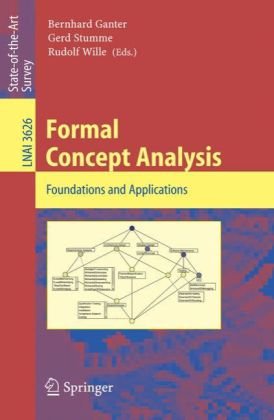
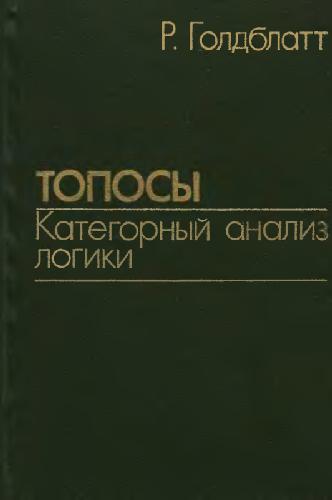
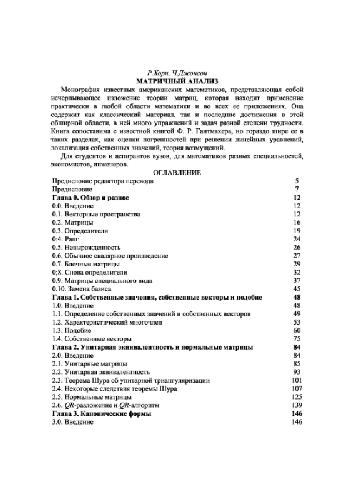
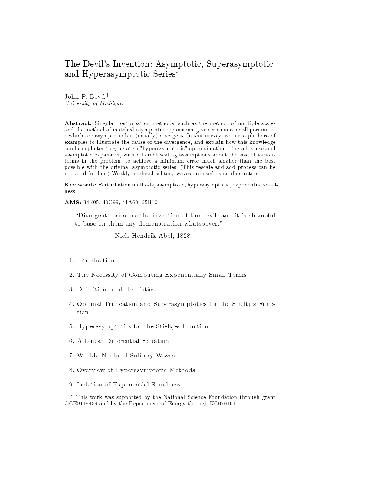

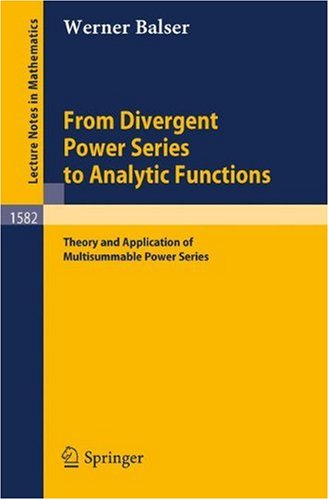
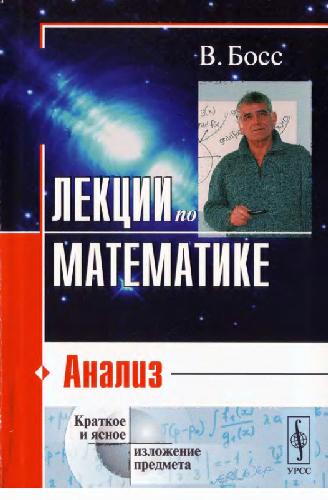
Reviews
There are no reviews yet.